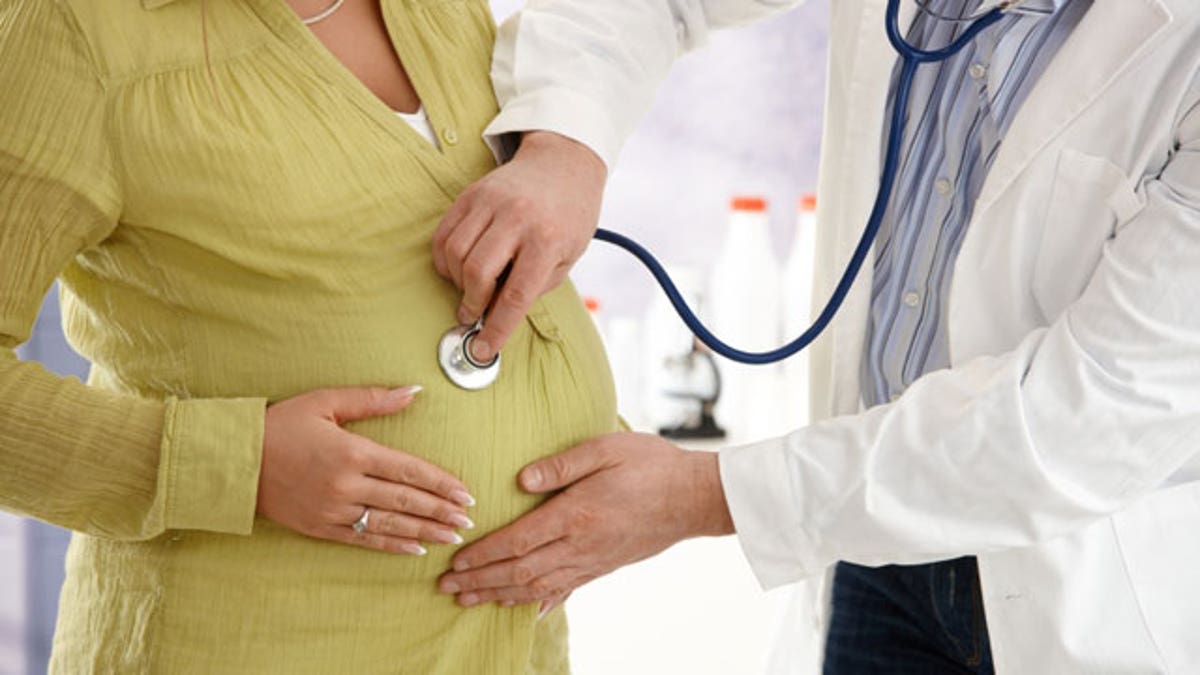
The Ache: Even without fertility problems, women can easily take six months or a year to get pregnant, physicians say.
The Claim: Natural amino-acid based products that thin cervical fluid can make it easier for some women to get pregnant by helping the sperm reach the egg to fertilize it, say companies that sell the products. The products are a natural alternative to cough syrup, which thins secretions and has long been a folk remedy to aid conception.
The Verdict: One of the ingredients of the natural products is N-acetylcysteine, or NAC, has been shown to help achieve pregnancy in women with a hormonal disorder called polycystic ovary syndrome. However, scientists say there are no published studies showing that NAC or any of the natural products improve pregnancy rates in normal women.
Products aimed at thinning cervical fluid likely won’t help if women have a significant fertility issue, such as poor ovulation, and “there is definitely no evidence that this approach makes sense for normal women,” says William Schoolcraft, medical director of the Colorado Center for Reproductive Medicine, a Denver fertility clinic. A test that examines the quality of cervical fluid under a microscope, called the postcoital test, hasn’t proved a good predictor of whether a woman will get pregnant, he adds.
The natural products, including FertileCM from Fairhaven Health LLC, Bellingham, Wash., and PregPrep from PregPrep LLC of New York, are based on the idea that improving the quality of fluid produced by the cervix can improve the chances of getting pregnant. Fertile CM has been sold since 2005; PregPrep hit the market in 2012 and has recently gained wide distribution.
When a woman is in her fertile phase, cervical fluid ideally becomes thin and stretchy, with the consistency of an egg white, allowing the sperm to swim freely, says FertileCM inventor Amos Grunebaum, director of obstetrics and chief of labor and delivery at NewYork-Presbyterian/Weill Cornell Medical Center in New York. For a variety of reasons, such as poor nutrition or other medications, a woman’s cervical fluid around the time of ovulation may be thick and “hostile” to pregnancy, he adds.
Neither PregPrep nor FertileCM have performed clinical studies on the products; both companies say positive feedback from customers suggests their products are effective.
